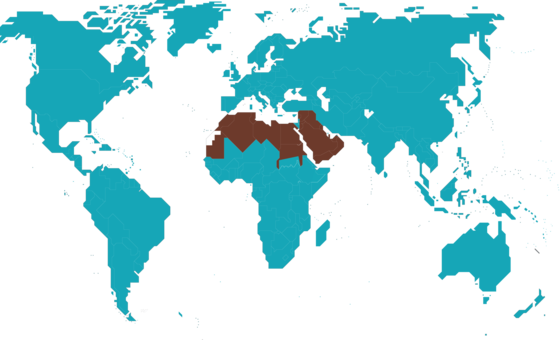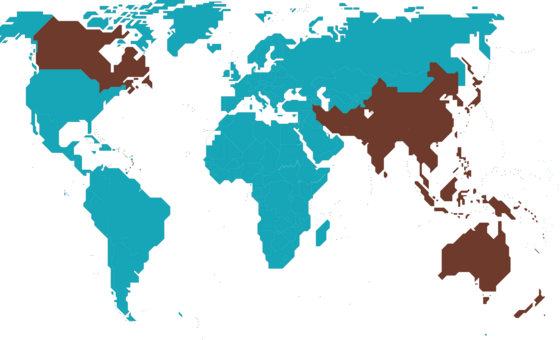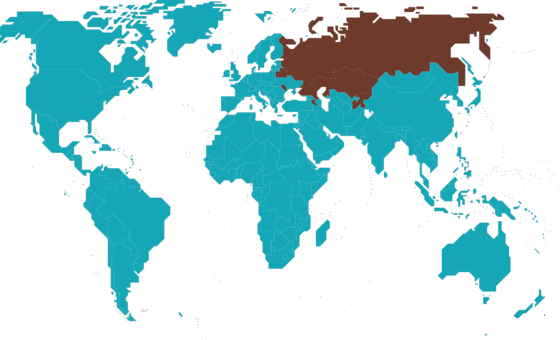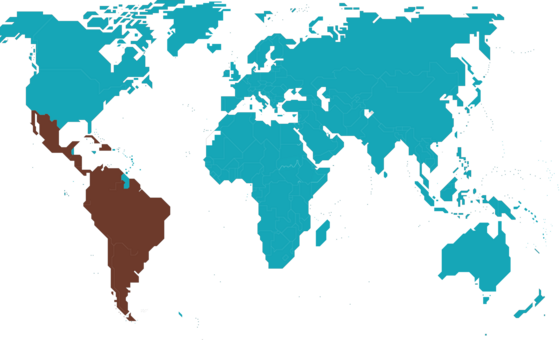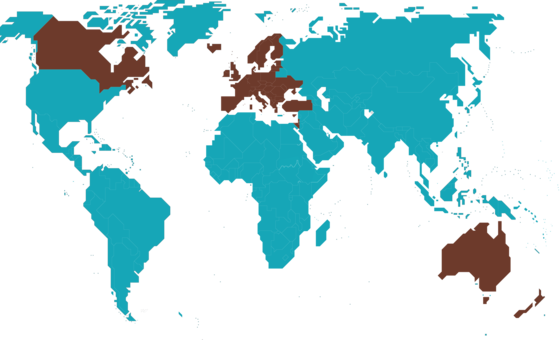- ImpactWe help parliaments to become greener and to implement the Paris agreement.We support democracy by strengthening parliamentsWe work to increase women’s representation in parliament and empower women MPs.We defend the human rights of parliamentarians and help them uphold the rights of all.We help parliaments fight terrorism, cyber warfare and the proliferation of weapons of mass destruction.We encourage youth participation in parliaments and empower young MPs.We support parliaments in implementing the SDGs with a particular focus on health and climate change.
- ParliamentsNearly every country in the world has some form of parliament. Parliamentary systems fall into two categories: bicameral and unicameral. Out of 190 national parliaments in the world, 78 are bicameral (156 chambers) and 112 are unicameral, making a total of 268 chambers of parliament with some 44,000 members of parliament. IPU membership is made up of 180 national parliaments
Find a national parliament
We help strengthen parliaments to make them more representative and effective. - EventsVirtual eventThe International Court of Justice (ICJ) was constituted under the United Nations Charter to help nations settle disputes peacefully in accordance with international law.
- Knowledge
Discover the IPU's resources
Our library of essential resources for parliamentsGlobal data for and about national parliamentsLatest data and reports about women in parliamentResolutions, declarations and outcomes adopted by IPU MembersRecent innovations in the way parliaments workThe latest climate change legislation from the London School of Economics' database
Geopolitical groups
Geopolitical groups were first established within the IPU at the beginning of 1950s. Initially, their purpose was to ensure a fair geographical distribution of seats on IPU’s Executive Committee and other bodies. However, over time, their role and responsibilities have evolved.
Today, our six geopolitical groups play an important role in the functioning of our Organization. They prepare and coordinate positions on key issues on the agenda at each Assembly, review vacancies on our committees and groups, consult among their members and propose candidates. This enables us to ensure fair representation of all parts of the world within IPU structures.
The groups hold hearings with candidates for the IPU Presidency and the post of Secretary General, and with any other IPU official as the need arises. They also facilitate consultations on proposals for debates and resolutions on emergency items during our Assemblies and are involved in shaping and reviewing the implementation of our main policies.
Each group decides on the working methods that best suits its participation in our activities, and informs the IPU Secretariat of its composition, the names of its officers and its rules of procedure.
Members can belong to more than one geopolitical group but inform IPU which one they represent when submitting candidatures for various positions.
Five of the groups represent Africa, the Arab World, Asia-Pacific, Eurasia, and Latin America/the Caribbean. The sixth—known as the "Twelve-Plus" group—is made up mostly of European nations, alongside other Western states including Canada, New Zealand and Australia.
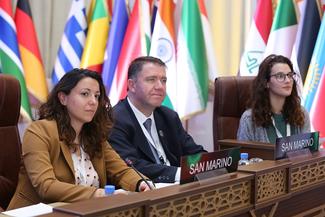
In this section






